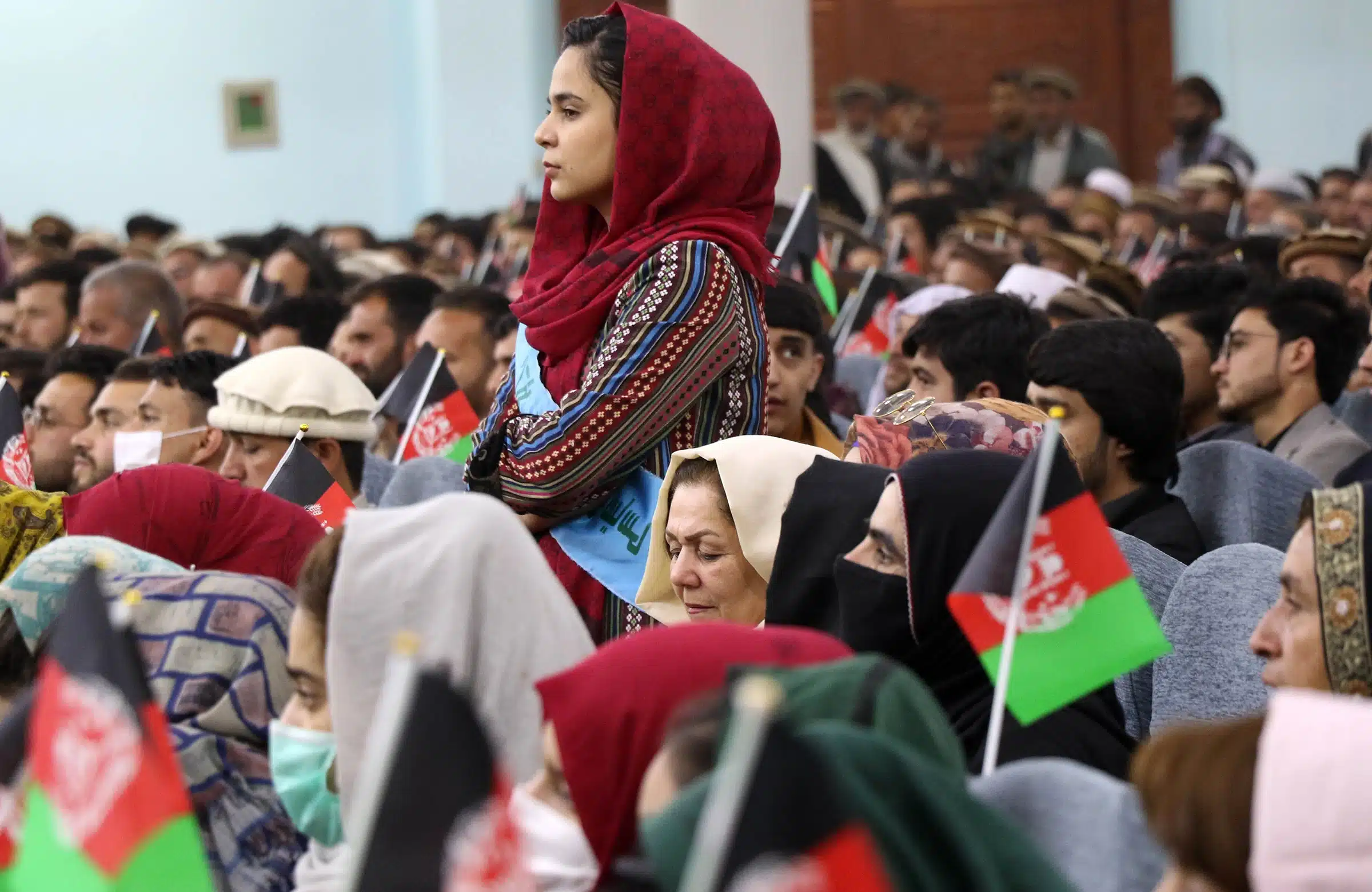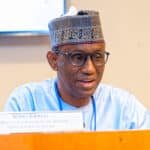The High Court in London heard on Tuesday that an Afghan prosecutor and women’s rights advocate whose life is in danger had been “wholly barred” from a UK Government relocation program.
According to media sources, the unnamed woman specializes in cases involving abuse against women, forced marriage, and honor crimes. The court was informed that she had publicly condemned the Taliban, had endured “direct threats” as a result of her work for years, and had been in hiding since August 2021. She is currently contesting the legitimacy of the UK government’s Afghan Citizens Relocation Scheme.
There are three ways to become eligible for the program. Only individuals who received notification from the government that they could move to the UK but were unable to board an evacuation flight are eligible for one; the UN Refugee Agency refers people for the other.
The third pathway encompasses at-risk persons who supported the efforts of the UK and the wider international community in Afghanistan, as well as those who are regarded as particularly vulnerable, including women, girls and members of minority communities. Nevertheless, only three categories of people are qualified for the program’s initial phase: former employees of the British Council, GardaWorld, and Chevening Scholarship recipients supported by the British Foreign, Commonwealth, and Development Office.
According to media reports, the “exceptionally vulnerable” woman’s attorneys claimed that the scheme’s restrictive functioning is illegal because at-risk individuals with a “reasonable expectation” of being evaluated instead find themselves excluded.
Irena Sabic, a member of the legal team, said in written submissions: “Despite these clear and unambiguous statements, vulnerable people who ‘stood up for values such as democracy, women’s rights and freedom of speech or rule of law’ and currently remain in hiding and at risk in Afghanistan, and who are entitled to prioritization, are currently excluded from accessing ACRS.”
Later, she stated that even though the woman does not anticipate receiving the right to relocate, she should still have access to the program and be given consideration for eligibility.
“Those who are in Afghanistan, like the claimant, are in the most acute need of assistance,” Sabic said. “The claimant’s life is at risk. She is in hiding, she cannot go out, she is constantly subjected to threats.”
In her written submissions, Sabic argued: “It was clearly intended that pathway three of ACRS would offer a potential route to safety and protection.”
A lawyer with the Home Office, Foreign Office, and Ministry of Defense named Edward Brown KC refuted claims that the resettlement program was operating illegally.
“There is an active consideration to expanding pathway three; the issue is whether there is a legal obligation to do what the Government is doing by considering it,” he told the court.
Brown noted in his written submissions that the scheme “can provide for a structured approach which prioritizes certain cohorts, and it is taken as acting in the public interest in making such choices.”
After the third pathway has been in operation for a year, he added, the government “will work with international partners and NGOs (nongovernmental organizations) to welcome wider groups of Afghans at risk.”
Brown said the policy announcement of the scheme, in September 2021, clarified that it would “prioritize those who have assisted the UK efforts in Afghanistan and stood up for specific values, and vulnerable people.”
He added: “However, that statement, without more, cannot reasonably be read as providing an access route to anyone capable of falling within that description.” At a later time, Judge Charles Bourne will render a written decision in the matter.






